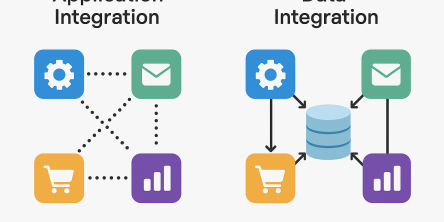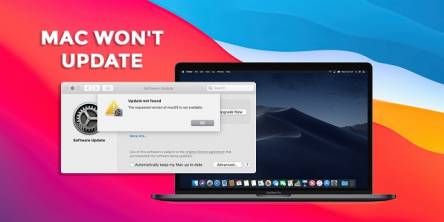Facts About Data Migration And Re-Engineering Solutions


As we all know that data migration testing plays a critical role in the software testing world. There are the different thing that requires the data migration testing procedure.
Most of the clients always worry about how to ensure this process is successful or data is migrated according to the requirements or migrated data works accurately in next updated product. They also ask about the completion of this procedure within the time that has been allotted.
Data Migration is recognized as one of the very challenging initiatives in the software world. Through these kinds of applications, most of the businesses get high profits and brings many businesses advantages like increased productivity, enhanced business management, increased brand value, But with this processing company also suffer from huge risks if the information is not tested properly.
Data Migration Accidents:
Slip to test the Migration Process:
Don't forget this step and save it till the terminating point. Ensure that you are testing it the whole time, overall the procedure.
Keep a check on these meshes, when relegating your notes to new cache formats or computer systems.
DAG Deals in the areas of data migration, technology and data storage with client satisfaction and commitment of products, services with the torment of technology changes.
Semantic Risk: It occurs when the data migration testing is done efficiently but any units present in few areas are not considered, resulting in inconsistency in data. If we have a field called amount in the source database and it is getting migrated to the base amount in the target application.
In both cases, data will have to be migrated from legacy systems based on older method or product versions into the upgraded systems.
Re-engineering demands often surface whenever changes are needed in an existing IT environment in order to address changes related to scalability, functionality, security, and stability of software systems, architectural, performance tuning and technology up gradation, and database tuning.
Think about this, you have an automation framework in place. The project does Agile Development with 2-week sprint cycles. You have to test the new applications that will be delivered to you soon.
Automation is only effective in doing Regression testing or testing the features/pages of an application which are stable enough.
Automation is a program that has written manually.
How will you write and test your automation program when the feature is still not available to test.?
I would be stupid to automate features which are not stable or which are delivered to just get first-hand client feedback. You will just spend more time maintaining such scripts.
Re-engineering and data migration are two major procedures in the IT industries, especially the business field that have decided to automate their manual procedure.
Automating manual procedures can be done either by using off-the-shelf software solutions that match or can be customized to suit the current systems or custom develop own software to meet the demands.
Although migration normally includes identifying data source, consolidating data and acquiring, moving data to the new system and testing the system for live usage, hard work and procedures associated with transformations, quality check, data modelling, re-engineering, profiling, various levels of testing largely vary based on the complexity of the systems under consideration. The aim of the complete procedure is however to a get the new functional system with the same/improved functionality that meets the purpose, without no data loss.
As we know that Migration has a huge impact on quality of the application, a good amount of effort must be put up by the entire team to verify the entire system in all aspects like functionality, performance, security, usability, availability, reliability, compatibility etc., which in turn will ensure successful ‘Migration Testing’.
Similar Articles
Discover key features construction teams need in permit tracking software to boost efficiency, stay compliant, and streamline project management.
Thanks to cloud computing, specialized SaaS apps have become rather accessible.
Let’s be honest – managing royalties isn’t exactly the fun part of working in media or publishing, but it is very important because it protects the creator’s rights and work ownership.
The Software as a Service (SaaS) industry continues to transform before 2025 which creates new obstacles for business operations.
Given that insurance underwriting is highly competitive, insurers must harness advanced technologies to enhance customer service and communication, business practices, and decision-making in particular.
We all use Mac OS often, and there are situations when the OS just doesn’t update. Obviously, it’s important to have the latest feature and security updates.
Implementing home health systems is a complex process that requires skillful planning and preparation. You’ll want to identify the areas for improvement as well as the features that impact your agency.
Boost revenue and build trust by tracking declined services at your auto shop. Learn how this simple step can improve customer retention and shop efficiency.
For a person who works in the transportation industry for more than 15 years, I have experienced this shift through technology. I’ve witnessed how technology has altered the way we move people.








